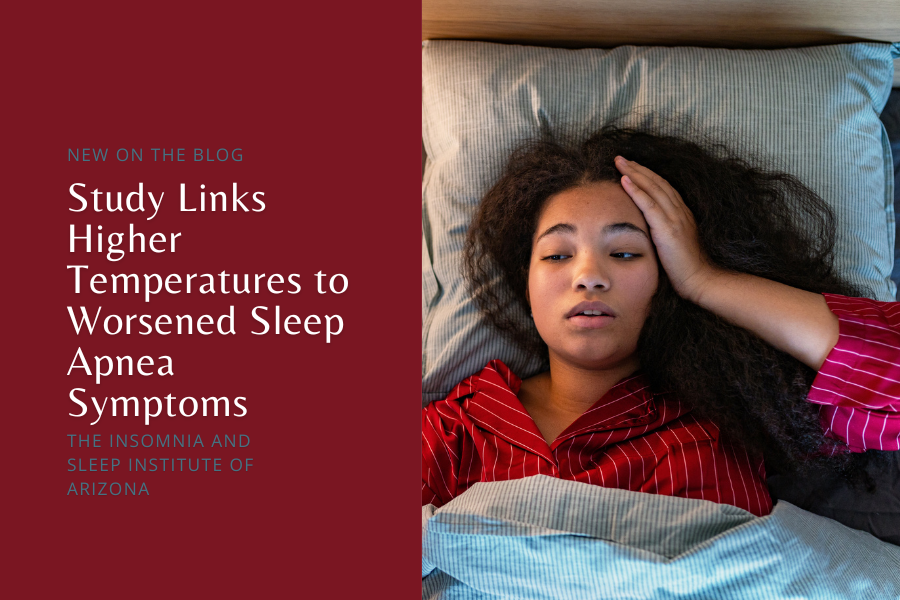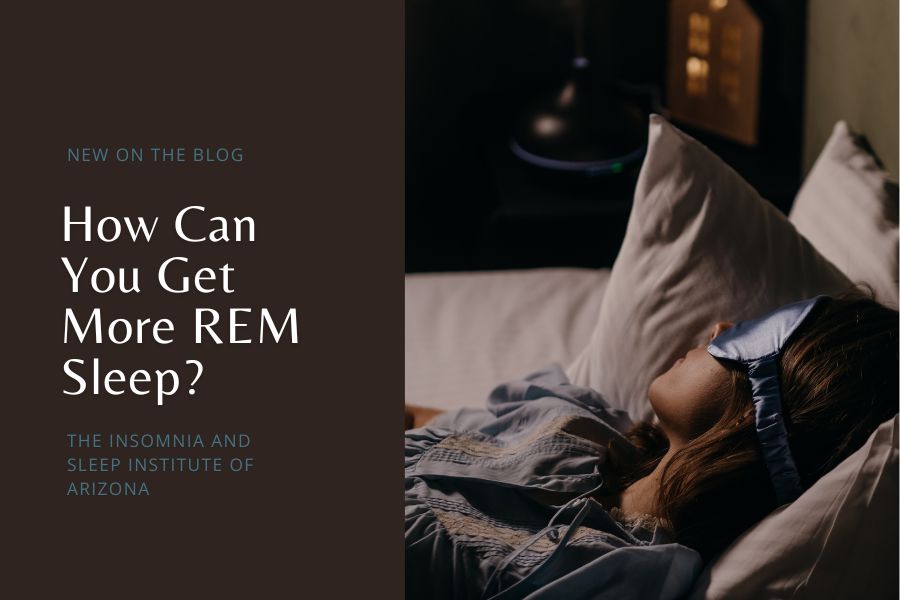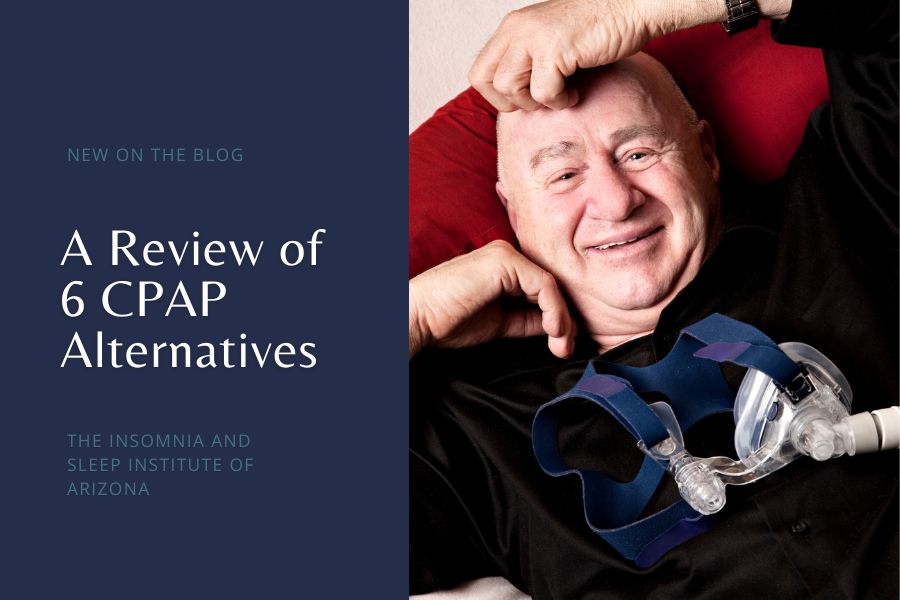Sleep disorders often coexist with other conditions, including epilepsy. The Insomnia and Sleep Institute of Arizona focuses on improving sleep health and addressing issues such as insomnia, restless nights, and disrupted sleep patterns. Our specialists work with individuals across various age groups—from teens to adults—helping them achieve better, more restorative sleep.
Sleep is necessary because it’s part of what’s making sure our bodies (and that includes our brains) get the rest and recovery they need. You already know how you feel when you don’t get enough sleep: tired, rundown, and cranky. However, those with chronic sleep disorders that are not managed might feel like that’s “just the way it is.”
However, not getting enough sleep is even more dangerous for those with epilepsy because lack of quality sleep can trigger a seizure. Teens need even more sleep than adults, up to 10 hours per night. Otherwise, it will be difficult to concentrate and perform well in school, when completing homework, and in sports.
The Cause of Sleep Problems
Sleep issues can be caused or exacerbated by many things including stress, irregular schedules, worry, and poor sleep environments or a change to them.
A bedroom should be cool, quiet, and dark. If too many stimulants are taken before bedtime, including caffeine and screentime, it can also be difficult to fall and stay asleep. However, sometimes there is no clear reason why a person has problems with sleep.
What we do know is that numerous studies have shown teens don’t get the sleep they need. This is partially due to the circadian rhythm being out of sync with the “real” clock during adolescence.
This occurs when the body’s natural hormone melatonin—which should be released in the early evening—doesn’t get released. A teen brain is oftentimes very busy at night so the focus is elsewhere. Not only do teens often find it hard to fall asleep and stay asleep, they are also prone to struggling to wake up in the morning.
Remember that the quality of sleep is just as important as the number of hours clocked. Poor quality sleep is earmarked by waking up a lot during the night and not feeling well-rested in the morning. Other conditions, such as sleep apnea, can also be the cause of the insomnia.
Getting the Sleep You Need to Decrease Epileptic Seizures
So, exactly how much sleep do you or your teen need? It varies a bit person to person, but teens and adults should get at least eight hours per night on average. Your need for sleep does not decrease until your elder years, when a minimum of seven hours is often sufficient.
In order to increase sleep quality, it’s important to stick to a sleep schedule—even on weekends. Aim to go to sleep and wake up at the same time every day. There might be a little wiggle room when it comes to waking up on the weekends, but try to keep wake-up time within one hour of the norm.
Avoid napping if you are currently struggling with insomnia. You may be able to work naps into your schedule later on, once insomnia is controlled. Say no to caffeine after 3 p.m., including tea.
Make sure meals are spaced out so you’re never too hungry or too full, and avoid a heavy dinner right before bed. If you’re in bed and can’t get to sleep, go on a leisurely walk or sit in a chair rather than “force” yourself to stay still in bed. However, do not use electronics during this time. A book can be a great way to relax the mind and cue that it’s time to sleep.
This can also be part of your nightly bedtime routine that should include calming “wind down” activities.
Start relaxing one hour before bed with a quiet activity like meditation or listening to calming music. All electronics should be shut down at least one hour before bed and should be avoided in the bedroom at nighttime.
This includes your cell phone (there are plenty of battery-operated alarm clocks available). Studies show that your brain will still respond to electronics, including blue light, even while you’re asleep.
Avoid all bright lights at least three hours before sleep. If you can’t fully control the noise in your bedroom, try earplugs, a fan, or a white noise machine.
For more tips or to get help with sleep issues, get in touch with The Insomnia and Sleep Institute today. Call the office during business hours or, for the fastest response, complete the online contact form now.








